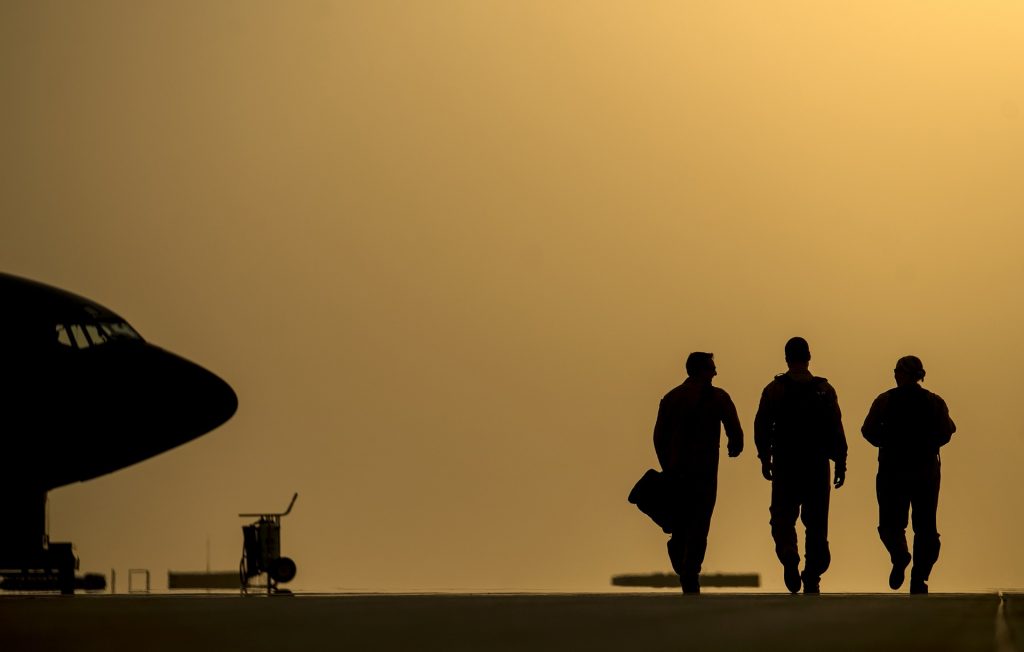Monday, June 3, 2019

A study conducted at five military and veterans’ hospitals found that BrainHQ, a training program developed by BrainFutures Advisor Dr. Michael Merzenich’s company Posit Science, improved cognitive function in military personal and veterans diagnosed with mild Traumatic Brain Injury (mTBI). Symptoms of mTBI include psychiatric disorders, such as depression, anxiety and post-traumatic stress disorder, and cognitive issues like difficulty concentrating, forgetfulness, and trouble learning new skills.
The Department of Defense funded the BRAVE Study to determine whether a plasticity-based, computerized, brain-training intervention could be broadly and remotely applied and could produce significant improvements in persistent cognitive deficits across a diverse mTBI population. The small study of 83 military personnel and veterans diagnosed with mTBI — some whose injuries occurred more than seven years ago — showed that using BrainHQ five days a week for 13 weeks improved cognitive function more than playing computer games like Hangman and Mahjong for the same amount of time.
Participants showed improvement in short- and long-term memory and the benefit persisted for at least 12 weeks after the training ended, whereas the games group did not see the improvements persist. 77% of the BrainHQ group showed improved cognitive function versus 38% in the games group, and their cognitive function improved on average by 9 points as opposed to 2.3 point improvement for the games group.
BrainHQ has been offered free to active-duty personnel and their families since early 2018. “When this study was selected for funding, we were hoping it would help troops impacted by mTBI,” said Colonel (Ret.) Dallas Hack, a physician who led most of the DoD’s research in battlefield trauma when the study began. “These results exceed my fondest expectations. The broad applicability, modest cost, and self-directed nature of the intervention mean it could be scaled very quickly.”
Read more at military.com and brainhq.com.